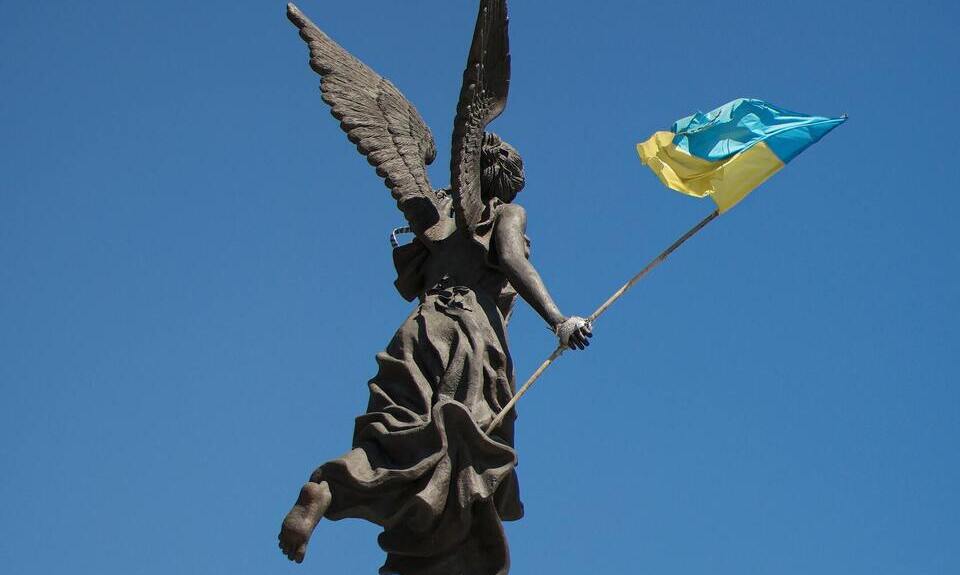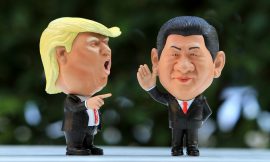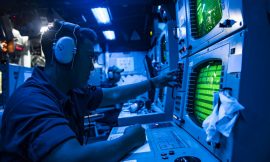Each month, Frédéric Munier, the Director of the School of Geopolitics at SKEMA Business School, publishes a column in the magazine Pour l’Éco. In January 2023, he focused on the Russian attack on Ukraine which has revived the affirmation of a European hard power. As well as a threat, the war is a powerful motivator for the EU. Opinion piece.
Europe under construction has long had a problem with power. In 1973, during the first enlargement of what was then only the EEC, its representatives, meeting in Copenhagen, declared that “The Europe of the Nine is aware that, as it unites, it takes on new international obligations. European unification is not directed against anyone, nor is it inspired by a desire for power.”
This deliberate refusal to construct a hard power , after two world wars with the Old Continent at the epicentre, brought mockery from American geopolitical scientists. In 2002, Robert Kagan wrote, with irony: “Europe is turning away from power […] to enter a post-historical paradise of peace and relative prosperity.”
Fundamentally, and that was the whole problem, if Europeans were able to abandon the power of weapons for “normative power” (Zaki Laïdi)… this was because they enjoyed the American protection offered by NATO.
The war, a game changer for Europe
And even if the European Union had organised — since the Treaty of Amsterdam in 1997, and even more since the Treaty of Lisbon in 2007 — a Common Security and Defence Policy (CSDP), it has to be said that credible European defence was lacking.
The war in Ukraine has radically changed the situation in this field. Before the war, the EU was marked by growing division, from Brexit to the battering inflicted by Hungary and Poland on European democratic principles. It only took a few weeks for Brussels to adopt a set of historically unprecedented sanctions, and almost unanimously. The affirmation of military power was added to the economic power.
Read also: Putin mired in the “paradoxes of strategy”
For the first time, the EU has activated the European Peace Facility (EPF), created in 2021, to finance sending military equipment to the forces in Kiev. In addition, on 25 March 2022, Europe adopted the “Strategic Compass”, a document aimed at setting the EU’s main military policy to 2030, in particular providing a “rapid deployment capacity”.
Jean Monnet’s prophecy
Finally, last but not least, the German Chancellor Olaf Scholz announced that Germany was going to become the Union’s largest military power by increasing its budget to 2% of GDP. In a recent article published in Foreign Affairs, the German Chancellor admittedly reaffirmed NATO’s essential role, but also the necessary character of a European defence policy. At every level of power, the Union has been more assertive in one year than since its birth!
Jean Monnet, a founding father of Europe, declared, after the failure of the EDC in 1954, that “Europe will be forged in crises, and will be the sum of the solutions adopted for those crises”. The war in Ukraine has not contradicted this principle, by any means.
This article was originally published in French in Pour l’Eco.







